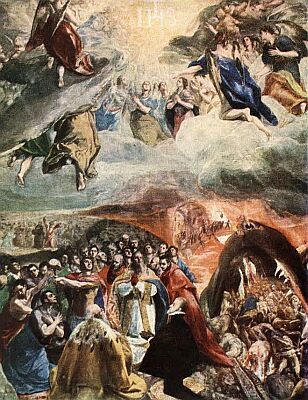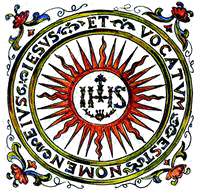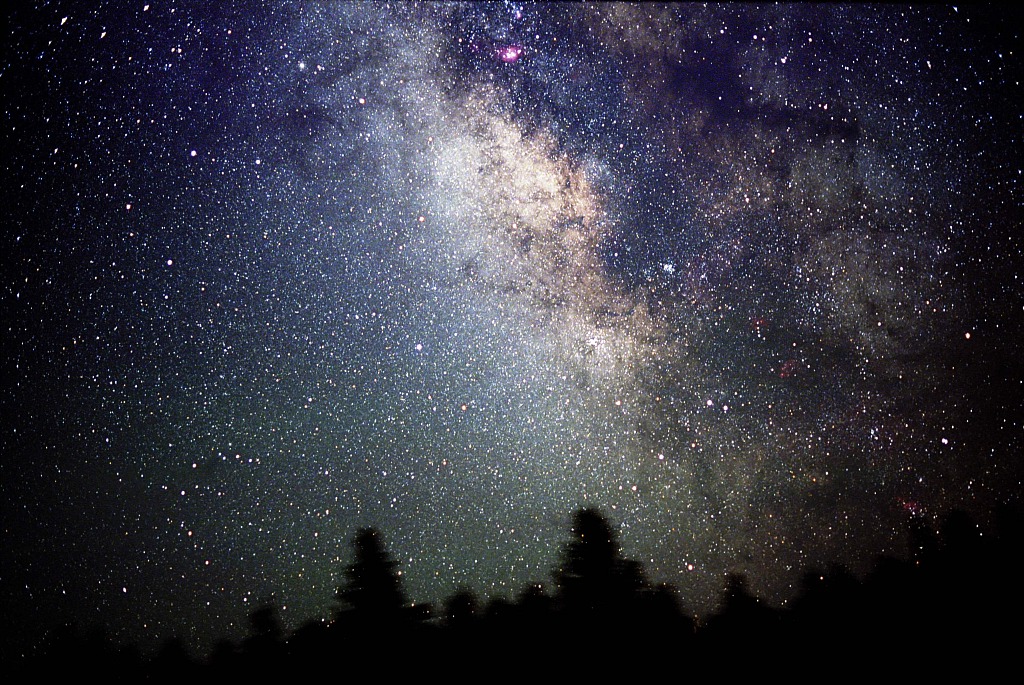Mass Readings
| First reading |
Isaiah 55:1-11 © |
Thus says the Lord:
Oh, come to the water all you who are thirsty;
though you have no money, come!
Buy corn without money, and eat,
and, at no cost, wine and milk.
Why spend money on what is not bread,
your wages on what fails to satisfy?
Listen, listen to me, and you will have good things to eat
and rich food to enjoy.
Pay attention, come to me;
listen, and your soul will live.
With you I will make an everlasting covenant
out of the favours promised to David.
See, I have made of you a witness to the peoples,
a leader and a master of the nations.
See, you will summon a nation you never knew,
those unknown will come hurrying to you,
for the sake of the Lord your God,
of the Holy One of Israel who will glorify you.
Seek the Lord while he is still to be found,
call to him while he is still near.
Let the wicked man abandon his way,
the evil man his thoughts.
Let him turn back to the Lord who will take pity on him,
to our God who is rich in forgiving;
for my thoughts are not your thoughts,
my ways not your ways – it is the Lord who speaks.
Yes, the heavens are as high above earth
as my ways are above your ways,
my thoughts above your thoughts.
Yes, as the rain and the snow come down from the heavens and do not return without watering the earth, making it yield and giving growth to provide seed for the sower and bread for the eating, so the word that goes from my mouth does not return to me empty, without carrying out my will and succeeding in what it was sent to do.
| First reading |
Isaiah 42:1-4,6-7 © |
Thus says the Lord:
Here is my servant whom I uphold,
my chosen one in whom my soul delights.
I have endowed him with my spirit
that he may bring true justice to the nations.
He does not cry out or shout aloud,
or make his voice heard in the streets.
He does not break the crushed reed,
nor quench the wavering flame.
Faithfully he brings true justice;
he will neither waver, nor be crushed
until true justice is established on earth,
for the islands are awaiting his law.
I, the Lord, have called you to serve the cause of right;
I have taken you by the hand and formed you;
I have appointed you as covenant of the people and light of the nations,
to open the eyes of the blind,
to free captives from prison,
and those who live in darkness from the dungeon.
| The rejoicing of a redeemed people |
With joy you will draw water from the wells of salvation.
Truly, God is my salvation,
I trust, I shall not fear.
For the Lord is my strength, my song,
he became my saviour.
With joy you will draw water
from the wells of salvation.
With joy you will draw water from the wells of salvation.
Give thanks to the Lord, give praise to his name!
Make his mighty deeds known to the peoples!
Declare the greatness of his name.
With joy you will draw water from the wells of salvation.
Sing a psalm to the Lord
for he has done glorious deeds;
make them known to all the earth!
People of Zion, sing and shout for joy,
for great in your midst is the Holy One of Israel.
With joy you will draw water from the wells of salvation.
| Psalm |
Psalm 28:1-4,9-10 © |
The Lord will bless his people with peace.
O give the Lord, you sons of God,
give the Lord glory and power;
give the Lord the glory of his name.
Adore the Lord in his holy court.
The Lord will bless his people with peace.
The Lord’s voice resounding on the waters,
the Lord on the immensity of waters;
the voice of the Lord, full of power,
the voice of the Lord, full of splendour.
The Lord will bless his people with peace.
The God of glory thunders.
In his temple they all cry: ‘Glory!’
The Lord sat enthroned over the flood;
the Lord sits as king for ever.
The Lord will bless his people with peace.
| Second reading |
1 John 5:1-9 © |
Whoever believes that Jesus is the Christ
has been begotten by God;
and whoever loves the Father that begot him
loves the child whom he begets.
We can be sure that we love God’s children
if we love God himself and do what he has commanded us;
this is what loving God is –
keeping his commandments;
and his commandments are not difficult,
because anyone who has been begotten by God
has already overcome the world;
this is the victory over the world –
our faith.
Who can overcome the world?
Only the man who believes that Jesus is the Son of God:
Jesus Christ who came by water and blood,
not with water only,
but with water and blood;
with the Spirit as another witness –
since the Spirit is the truth –
so that there are three witnesses,
the Spirit, the water and the blood,
and all three of them agree.
We accept the testimony of human witnesses,
but God’s testimony is much greater,
and this is God’s testimony,
given as evidence for his Son.
| Second reading |
Acts 10:34-38 © |
Peter addressed Cornelius and his household: ‘The truth I have now come to realise’ he said ‘is that God does not have favourites, but that anybody of any nationality who fears God and does what is right is acceptable to him.
‘It is true, God sent his word to the people of Israel, and it was to them that the good news of peace was brought by Jesus Christ – but Jesus Christ is Lord of all men. You must have heard about the recent happenings in Judaea; about Jesus of Nazareth and how he began in Galilee, after John had been preaching baptism. God had anointed him with the Holy Spirit and with power, and because God was with him, Jesus went about doing good and curing all who had fallen into the power of the devil.’
| Gospel Acclamation |
cf.Jn1:29 |
Alleluia, alleluia!
John saw Jesus coming towards him, and said:
This is the Lamb of God, who takes away the sin of the world.
Alleluia!
In the course of his preaching John the Baptist said, ‘Someone is following me, someone who is more powerful than I am, and I am not fit to kneel down and undo the strap of his sandals. I have baptised you with water, but he will baptise you with the Holy Spirit.’
It was at this time that Jesus came from Nazareth in Galilee and was baptised in the Jordan by John. No sooner had he come up out of the water than he saw the heavens torn apart and the Spirit, like a dove, descending on him. And a voice came from heaven, ‘You are my Son, the Beloved; my favour rests on you.’







